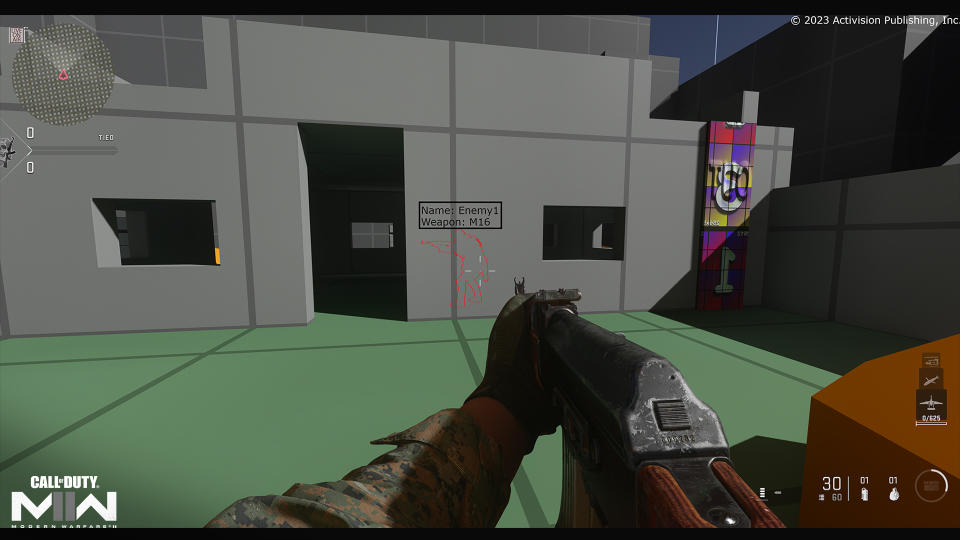Developer behind Call of Duty cheats that were downloaded more than 72,000 times must now pay Activision a huge sum in damages

What you need to know
EngineOwning was established in 2014 and produced cheat software for popular franchises, including Call of Duty, Titanfall, and Battlefield, as well as spoofing software to allow players to evade hardware bans.
Activision Publishing, Inc. filed a lawsuit against the Germany-based cheat distributor in the Central District of California in 2022.
Activision sought damages based on 72,328 downloads of EngineOwning cheats in the United States alone.
U.S. District Judge Michael Fitzgerald awarded Activision $14,465,600 in statutory damages, $292,912 in attorney fees, and ordered EngineOwning to turn over its domain to Activision Publishing, Inc.
Activision is taking home a legal victory after a US District Judge grants a default judgment in the publisher's case against German-based cheat distributor, EngineOwning. District Judge Michael Fitzgerald has awarded Activision $14,465,600 in damages, with another $292,912 in attorney fees, as compensation for profit loss caused by access to EngineOwning's cheating software.
EngineOwning was founded in 2014 and provides a subscription-based model for player access to its extensive library of cheat software for a multitude of Call of Duty titles, as well as EA multiplayer properties, Battlefield, and Titanfall. Activision's lawsuit claimed that the popularity of Call of Duty had led to the creation of a secondary market for cheats. Thus, the use of cheats led to a ruined game experience for non-cheating players, who would quit or turn to competing products not plagued by cheaters. Activision also claimed the existence of cheat software from EngineOwning harmed the reputation of Call of Duty and ultimately deprived Activision of millions of dollars.

The case was filed by Activision in 2022 in the Central District of California, with the default judgment granted by U.S. District Judge Michael Fitzgerald. Multiple allegations of violations of the Digital Millennium Copyright Act (DMCA), violations of the Computer Fraud and Abuse Act (CFAA), and violations of the Federal Civil Racketeer Influenced and Fraud Influenced (RICO) statute were lobbied at EngineOwning. The ten listed defendants, including EngineOwning co-founders, failed to show up for the hearing, and the court must decide how to divide the resulting fines among them.
The $14.4 million judgment was determined by multiplying the known number of users of EngineOwning's cheat software by a predetermined fine for each violation of the DMCA. Activision requested the court only order EngineOwning the minimum of statutory damages, which totaled $200. More than 72,000 instances of players using EngineOwning cheats were listed, bringing the total judgment for DMCA violations to $14,465,600. Activision was also entitled to $5600 in attorney fees, plus an additional 2% in fees for every $100,000 awarded, for a total of $292,912 in attorney fees.
The damages are also coupled with a decision from the court to grant a permanent injunction against EngineOwning that will require the defendants to transfer the company's domain name, www.EngineOwning.to to Activision.
Activision has continued with its commitment to abolish cheaters in Call of Duty's annual premium titles and free-to-play battle royale, Warzone. The publisher and its development studios formed a dedicated anti-cheat team, Team RICOCHET, who have created various cheat mitigation tactics to crack down on software and third-party cheat devices. The Blizzard arm of Activision Blizzard has similarly buckled down on banning cheat tools in Overwatch 2.


